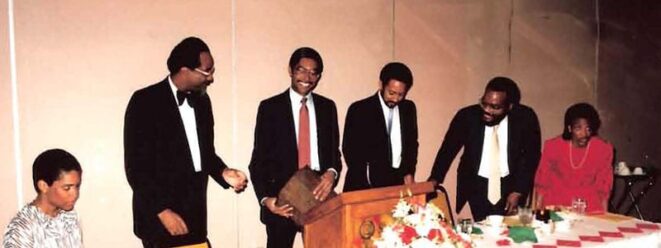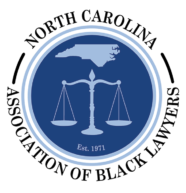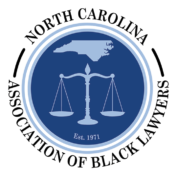
HISTORY
In contemporary times, African American lawyers in North Carolina have organized to advance the cause of justice for Black People.
Today’s North Carolina Association of Black Lawyers traces its roots to the North Carolina Lawyers Association organized in Durham in 1954. The Constitution of that organization was adopted on June 12, 1954.
Herman Taylor of Raleigh, practicing with Samuel Mitchell, was elected the first President. That organization grew to seventy-three members under Herman Taylor’s leadership. A major objective of the organization was “to secure for…our clients due justice.” Taylor was followed as President by J. Kenneth Lee in 1955 and Samuel S. Mitchell in 1956.
Within a short period of years, the organizing movement reached a regional thrust. As a result, African American Lawyers from North Carolina joined African American lawyers from Virginia and South Carolina to form the Southeastern Lawyers Association. They met on September 14, 1957 at Smitty’s Eatery in Winston-Salem, North Carolina. Floyd B. McKissick, Sr., was elected as President and served two terms, 1957 and 1958. Under his leadership, the organization expanded to one hundred twenty-six members (seventy-three from North Carolina, twenty-five from Virginia, twenty-four from South Carolina and four from Georgia). The Southeastern Lawyers Association met regularly in various cities in different states until the early 1960’s. Other North Carolina lawyers who headed the Southeastern Lawyers Association were LeMarquis DeJarmon in 1959 and Earl Whitted, Jr. in 1963.
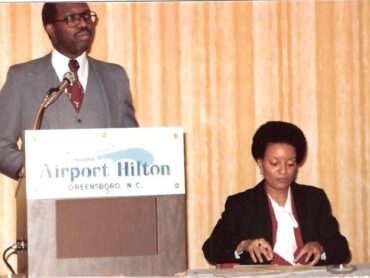
In the early 1960’s, the Civil rights Revolution had begun in earnest.
Sit-ins and demonstrations mushroomed across the South. This consumed massive legal energies focused within the states. The intensified focus on developments within the states generated a need for strong local and state organizations to coordinate the legal efforts. In 1965, these developments led to the “sectioning” of the Southeastern Lawyers Association into state sections. However, because of the high level of effort required to perform as the legal “Brain Trust” supporting the Civil Rights Movement, there was little time for organizing the Bar, as such, and the organizing effort had to take second place.
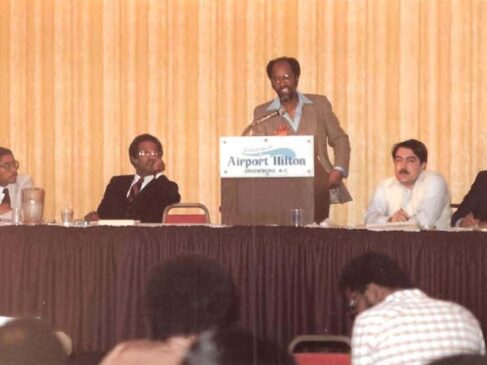
The need for a strong organization to articulate the collective concerns of African American lawyers soon caused a regeneration of efforts to come together as a professional association to pursue common goals for African American and poor people, to share experiences, to develop sound legal strategies, and to augment professionalism in the Black Bar. This led to the rejuvenation of the state organization in North Carolina. The lawyers first met as the North Carolina section of the Southeastern Lawyers Association in March 1971. A call for convention was issued, and in June 1971, the lawyers met in Greensboro and organized the present North Carolina Association of Black Lawyers. Frank W. Balance, Jr. of Warrenton was elected the first President of the reorganized Association. This organization has grown, persevered, and struggled in unbroken succession since 1971. In 1995, for members serving in the judiciary, the Association formed the Judicial Council Division of the North Carolina Association of Black Lawyers. Also, through the years, the organization has enjoyed status as an Affiliate Chapter of the National Bar Association.
Many members and officers contribute countless hours in volunteer work for the Association, in attending Board meetings and committee meetings, on CLE planning and presentations, hosting meetings of the National Bar Association, and special projects. The work and support of the members and friends of the organization make all of these and other accomplishments possible. Most importantly, support of the members makes it possible for the Association to continue its work – protecting the interests of Black Attorneys and their clients and promoting justice for all citizens.
The North Carolina Association of Black Lawyers sponsors quality, affordable Continuing Legal Education and offers other member benefits.
